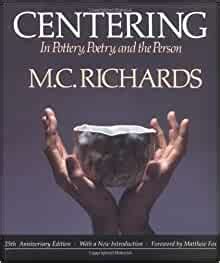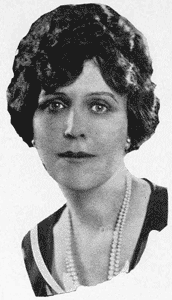A Quote by Ralph Waldo Emerson
There is some reason to believe that when a man does not write his poetry it escapes by other vents through him, instead of the one vent of writing; clings to his form and manners, whilst poets have often nothing poetical about them except their verses.
Related Quotes
A man's real faith is never contained in his creed, nor is his creed an article of his faith. The last is never adopted. This it is that permits him to smile ever, and to live even as bravely as he does. And yet he clings anxiously to his creed, as to a straw, thinking that that does him good service because his sheet anchor does not drag.
I personally believe the role of poets as poets (which is something different from our obligations as citizens, community members, humans) is to write poems. I believe this because I am quite sure poetry can do something no other form or writing, or human activity, can, at least not in such a powerful and distilled and undeniable way. And that we need this type of thinking for our survival as individuals and as a species.
Nearly all men and women are poetical, to some extent, but very few can be called poets. There are great poets, small poets, and men and women who make verses. But all are not poets, nor even good versifiers. Poetasters are plentiful, but real poets are rare. Education can not make a poet, though it may polish and develop one.
The child takes in his world as if it were food. And his world nourishes or starves him. Nothing escapes his thirst. Secrets are impossible. He identifies with his surroundings and they live within him unconsciously; it is perhaps for this reason that the small child has been characterized as naturally religious.
From the root, the sap rises up into the artist, flows through him, flows to his eye. Overwhelmed and activated by the force of the current, he conveys his vision into his work. And yet, standing at his appointed place as the trunk of the tree, he does nothing other than gather and pass on what rises from the depths. He neither serves nor commands he transmits. His position is humble. And the beauty at the crown is not his own; it has merely passed through him.
From the perfection of Allah's ihsan is that He allows His slave to taste the bitterness of the break before the sweetness of the mend. So He does not break his believing slave, except to mend him. And He does not withhold from him, except to give him. And He does not test him (with hardship), except to cure him.
Man is an Animal, formidable both from his Passions and his Reason; his Passions often urging him to great Evils, and his Reason furnishing Means to achieve them. To train this Animal, and make him amenable to Order; to inure him to a Sense of Justice and Virtue, to withhold him from ill Courses by Fear, and encourage him in his Duty by Hopes; in short, to fashion and model him for Society, hath been the Aim of civil and religious Institutions; and, in all Times, the Endeavour of good and wise Men. The aptest Method for attaining this End, hath been always judged a proper Education.
I tend to like the way poets form communities. Writing can be lonely after all. Modern life can be lonely. Poets do seem to be more social than fiction writers. This could be because of poetry's roots in the oral tradition - poetry is read aloud and even performed. I'm just speculating, of course. At any rate, because poets form these groups, they learn from one another. That is one of the best things about being a poet.
In Dogen's writing, the practical instruction, philosophy and poetry are together in one voice. People hear about his poetry, go to his work, and expect to find poetry, or they hear about his philosophy and expect to find philosophy. They look just for practical instruction and find poetry and philosophy. They can't make out the complexity of his writing, become frustrated and let him go.








































